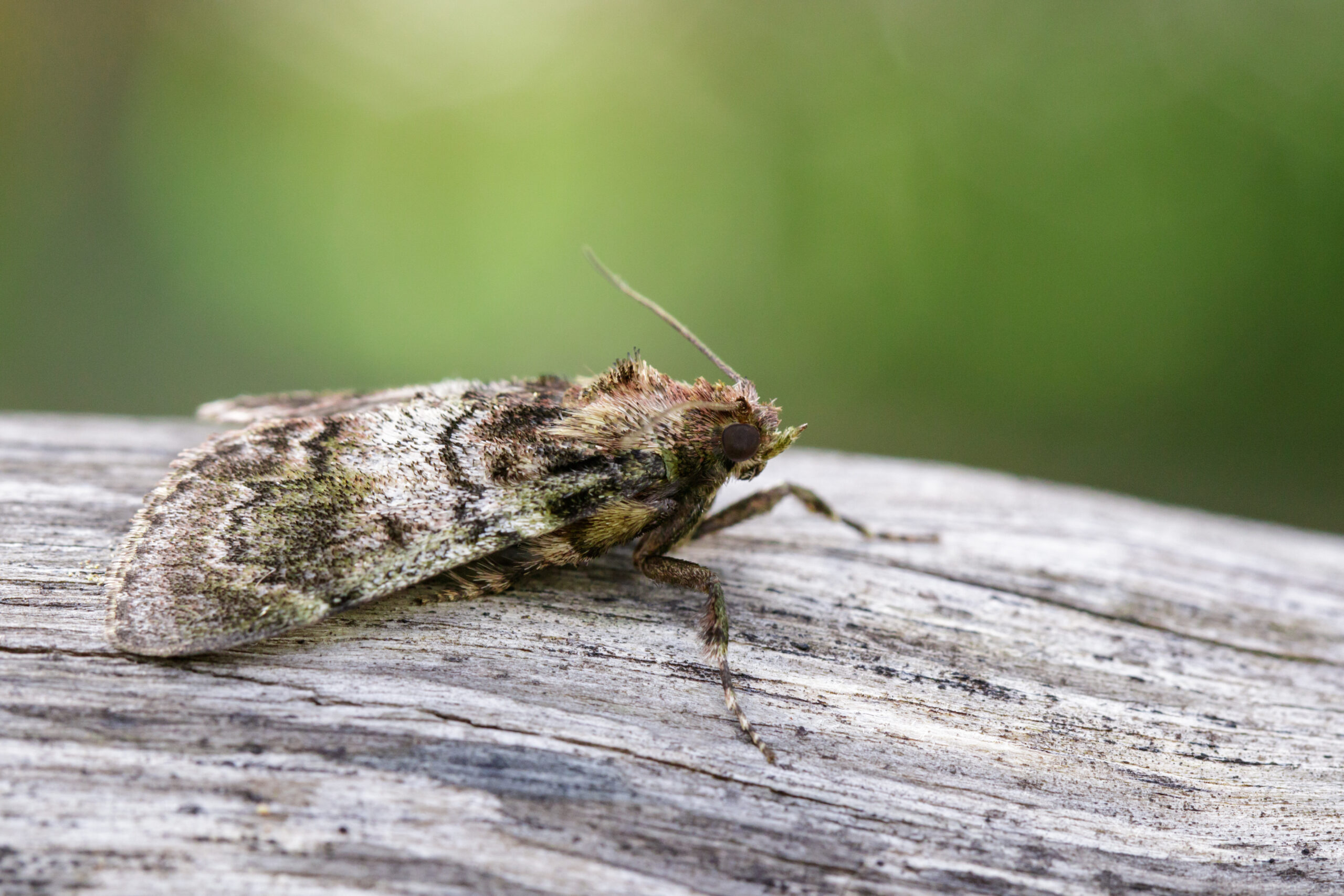Discovering the Meaning of Moths in Japanese
Discovering the Meaning of Motten auf Japanisch garden Motten auf Japanisch Motten auf Japanisch can be translated in several ways, depending on the context. Here are some possibilities: most generic translation for “moth” in Japanese. It refers to any small, flying insect with hairy wings and a nocturnal lifestyle. which are known for laying eggs […]
Discovering the Meaning of Motten auf Japanisch

Motten auf Japanisch can be translated in several
ways, depending on the context. Here are some possibilities:
most generic translation for “moth” in Japanese. It refers to any small,
flying insect with hairy wings and a nocturnal lifestyle.
which are known for laying eggs in clothing and causing damage.
which are the larvae of certain moths. They are called this because of the way
they move, which is by “inchworming” along surfaces.
It is important to consider the context of the sentence or
phrase in which “Motten auf Japanisch” appears in order to determine the most
accurate translation.

Here are some
examples of how “Motten auf Japanisch” can be used:
- In meinem Zimmer waren viele Motten. (There were many
moths in my room.) – This translates to 私の部屋にはたくさんの蛾がいました。(watashi no
heya ni wa takusan no ga ga imashita). - Ich
habe Angst vor Motten. (I am afraid of moths.) – This translates to
私は蛾が怖いです。(watashi wa ga ga kowai desu). - Die Motten haben meine Kleidung kaputt gemacht. (The
moths have ruined my clothes.) – This translates to 蛾が私の服を壊しました。(ga ga
watashi no fuku o kowashimashita). - Der Garten
war voller Motten. (The garden was full of moths.) – This translates
to 庭は蛾でいっぱいでした。(niwa wa ga de ippai deshita).
In addition to the literal translation of “Motten auf Japanisch,”
there are also some metaphorical uses of the phrase. For example, “Motten im
Kopf haben” means “to have moths in one’s head,” which is a way of saying that
someone is full of crazy ideas.
I hope this explanation has
been helpful!


